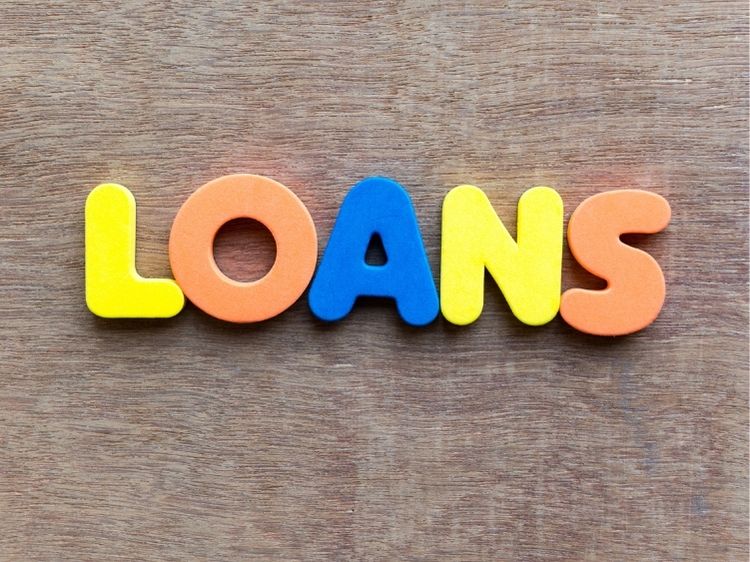What Are Car Loans and Why Do You Need Them?
Picture this: cruising down the highway in your dream car, the wind in your hair, and your favorite song blasting. Sounds amazing, right? But for most of us, buying a car outright is a stretch. That’s where car loans come in! They bridge the gap between your savings and the wheels you’ve been dreaming of.
Car loans are essentially borrowed money you use to purchase a vehicle, which you repay over time—usually with interest. But not all car loans are created equal. In this guide, we’ll break it all down, so you can hit the road with a loan that fits like a glove.
How Do Car Loans Work?
At their core, car loans are pretty straightforward. Here’s a quick breakdown of the process:
- Apply for a Loan
Choose a lender (bank, credit union, or online). Fill out the application, which typically includes your income, credit score, and details about the car. - Get Approved
If your credit score and finances check out, the lender approves the loan and gives you a loan amount, term length, and interest rate. - Buy the Car
The lender pays the dealer or seller on your behalf. You officially own the car, but it serves as collateral for the loan. - Repay Over Time
Pay monthly installments (loan amount + interest) until the loan is fully paid off.
Types of Car Loans: Which One’s for You?
Not all car loans are cut from the same cloth. Let’s explore the options:
1. New Car Loans
For brand-new wheels. These loans often have lower interest rates since new cars are less risky for lenders.
2. Used Car Loans
Perfect for pre-owned vehicles. However, interest rates may be slightly higher due to the car’s depreciated value.
3. Secured Car Loans
The car itself acts as collateral. If you don’t repay, the lender can repossess the vehicle. These loans typically offer lower rates.
4. Unsecured Car Loans
No collateral? No problem. But expect higher interest rates, as lenders take on more risk.
5. Lease Buyout Loans
If you’re leasing a car and want to buy it at the end of the lease, this loan comes to the rescue.
How to Qualify for a Car Loan: Tips to Boost Your Chances
Want to drive off with the best deal? Here are some insider tips:
- Check Your Credit Score
A higher score equals better rates. Aim for a score of 700 or above to unlock low-interest deals. - Save for a Down Payment
The bigger the down payment, the smaller the loan—and the less you pay in interest. - Compare Lenders
Don’t settle for the first offer. Shop around to find the most competitive rates and terms. - Prequalify
Some lenders let you prequalify without affecting your credit score. This gives you a sneak peek at potential offers.
Pros and Cons of Car Loans
We know loans are helpful, but they’re not all sunshine and rainbows. Let’s weigh the pros and cons:
Pros:
- Lets you buy a car without draining your savings.
- Build your credit score with on-time payments.
- Flexible repayment terms (24 to 84 months).
Cons:
- Interest adds to the total cost.
- Missed payments can hurt your credit score.
- Some loans come with hidden fees.
Steps to Get the Best Car Loan Deal
Finding the perfect car loan isn’t rocket science—just follow these steps:
- Set Your Budget
Know how much you can afford monthly, including insurance and maintenance. - Compare Interest Rates
Even a 1% difference can save you thousands over the loan term. - Read the Fine Print
Check for hidden fees like early repayment penalties or administrative costs. - Negotiate
Don’t be afraid to haggle with dealers or lenders for a better deal.
Common FAQs About Car Loans
1. What credit score do I need for a car loan?
Most lenders prefer a score of 600 or higher, but some offer loans for lower scores with higher interest rates.
2. Can I pay off my car loan early?
Yes, but check for prepayment penalties in your loan agreement.
3. What’s the difference between APR and interest rate?
The interest rate is the cost of borrowing, while APR includes interest plus fees.
4. Should I get a loan from a bank or dealership?
Banks often have lower rates, but dealerships may offer promotions for specific models.
5. Can I refinance my car loan?
Absolutely! Refinancing can lower your monthly payments or interest rate.
How Car Loans Affect Your Credit
Paying off a car loan can boost your credit score by showing lenders you’re reliable. But missed payments? Yikes. Those can ding your score for years.
Here’s how car loans influence your credit:
- Positive Impact: On-time payments and reducing debt over time.
- Negative Impact: Late payments or defaulting on the loan.
Summary: Drive Away Smarter with the Right Car Loan
Car loans can be your ticket to hitting the road, but not all loans are created equal. By understanding how they work, comparing options, and making smart financial choices, you’ll be in the driver’s seat—literally and financially.
Remember:
- Check your credit score before applying.
- Save for a down payment.
- Compare lenders and read the fine print.



